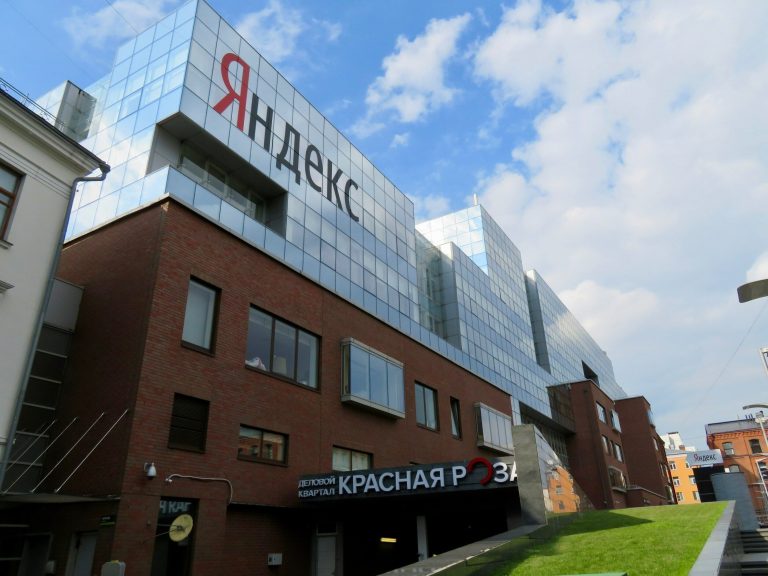The end of the era of paper tickets is coming. They are replaced by new technologies

Traditional tickets are slowly becoming a thing of the past. Cashless payments and mobile applications are increasingly changing the way we use public transport.
Traditional public transport tickets are becoming a thing of the past, giving way to modern technologies. Modern solutions, such as contactless technologies and dedicated mobile applications, are increasingly replacing cardboard tickets. Now, confirmation of ticket purchase can be a virtual record on the phone or central system, linked to the passenger’s payment card.
No more paper tickets
The sound of a traditional ticket validator is becoming rare, and cashless payments and ticket purchases via apps are gaining popularity. Local governments are investing in technologies that make it easier for passengers to purchase tickets and optimize settlement systems, which brings financial and ecological benefits. Instead of paper tickets, we are increasingly seeing digital confirmations on phone screens.
– More and more ticket purchase transactions are carried out in a non-cash manner. Shopping takes place either at validators, using contactless payment cards, then the passenger brings his card to a device called a validator or a validator, the ticket is purchased, it is not even printed, but saved in the central system, and for ticket control is available online via the controller’s checker – explains Jacek Sieński, director of the Electronic Payments Commercial Department at the Mint of Poland.
The next step forward are mobile applications that enable quick and cashless purchase of tickets. Until recently, season tickets were saved on city cards, and today they are available online. Jacek Sieński notes that in Warsaw the changes are still in the implementation phase, but other cities, such as Wrocław, Bydgoszcz and Poznań, are already using modern systems.
In Bydgoszcz, the identifier of a season ticket may be a payment card with a contactless function, and in Poznań there is the PEKA application, which enables the purchase of tickets and billing for the number of stops. In Wrocław, passengers can pay for their journey by tapping their payment card to the validator, and 70 percent tickets are purchased there in vehicles using contactless cards. Changes in this respect are also taking place in the capital.
Local governments benefit from the introduction of technological innovations that reduce the costs of printing paper tickets and maintaining infrastructure.
– Cities are looking for solutions that will generate fewer costs, because printing paper costs money and electronic solutions are more ecological. Printing paper in a ticket machine involves not only paper, but also the cost of maintaining the entire hardware infrastructure, which is very expensive, both to purchase and to maintain, so in fact it has a very clear economic impact on city budgets. Maintaining IT systems is definitely cheaper – emphasizes the director of the Electronic Payments Commercial Department at the Mint of Poland.
Technologies in public transport are constantly developing. Artificial intelligence may soon further revolutionize this sector. As Jacek Sieński points out, Mennica Polska is looking for new solutions using AI that could improve ticketing systems.






